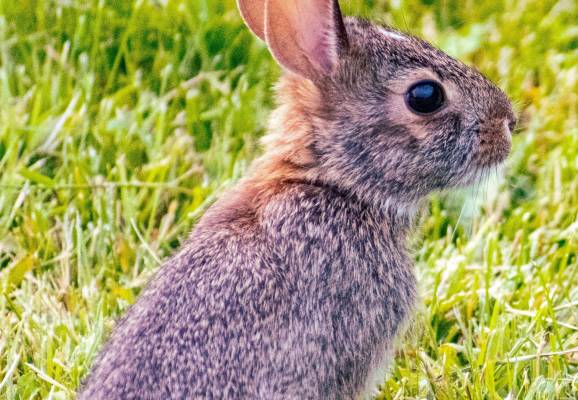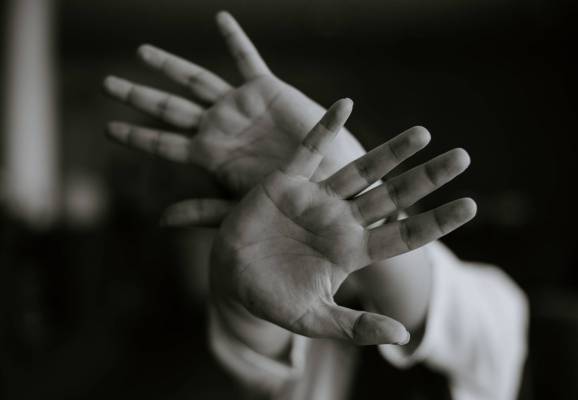Photo by M.T ElGassier on Unsplash
“No one ever told me that grief felt so much like fear”– C.S. Lewis
This first line in C.S. Lewis’s book A Grief Observed , inspired me to reflect on how I experienced fear during the early days of grief following my daughter Jeannine’s death. Jeannine was eighteen when she died on March 1,2003 from cancer. My fear manifested in uncertainty about my ability to live again in a world without my daughter. I feared that my other children would also die. These fears were triggered because my once predictable ,orderly and safe world was a distant memory.
To me ,experiencing fear following the death of our children is expected, and a normal part of processing catastrophic loss. The length of time that we experience fear varies for everyone, because we move through grief differently and at our own pace. It is crucial to not let fear consume us because in time, there will be no movement through grief. Conversely, experiencing a little fear during grief readies us for significant events by making us aware of the task at hand. The challenge that we face as grieving individuals is to strike a balance between motivating and debilitating fear. One of the ways that we can accomplish this is by learning what fear has to teach us about our grief and ourselves.
A Rabbit in My Yard

Photo by Christopher Paul High on Unsplash
Some time ago, I walked out onto the deck of my home, morning coffee in hand, and looked around my yard. I live in a quiet ,secluded rural neighborhood, where the only people that I see are my neighbors and the occasional visitors that come to our home and those around us. Our backyard is like a wildlife sanctuary where birds, deer ,groundhogs and squirrels regularly visit. My home provides me with many moments of peace, and the animals and birds that grace us with their presence reminds me of something that I have known for quite some time now:
“We are all one”
While drinking my coffee, a brown and white rabbit made itself known to me. I watched her as she cautiously explored my backyard. She would take a few steps, stop, look around, and then take a few more steps. She would also occasionally stop and rest in the grass. Eventually, she scampered out of my immediate view.
I have learned that when an animal makes themselves known, we need to be mindful of their teachings. Subsequently, I looked up Rabbit in Jamie Sams and David Carson’s book Medicine Cards. Here is a passage from their book that sheds some light on the significance of rabbit.
“This card may signal a time of worry about the future or of trying to exercise control over that which is not yet in form—– Stop now! Write your fears down and be willing to feel them. Breathe into them, and feel them running through your body into Mother Earth as a give-away.” Sams and Carson-P.158
What Rabbit Taught Me About Fear
Here is how Rabbit’s teachings applied to me:
Approximately two-and-one-half years after my daughter Jeannine’s death, I became tired of living the life of a bereaved parent. So, one day, I just decided to disavow my existence as a bereaved parent. I just wanted everything to the way it was before Jeannine died. I wanted her back.
My desire to suppress my bereaved parent status was motivated in part by the fear mentioned in the beginning of this piece about how I would continue to live my life without Jeannine. I was also too emotionally drained to continue to face an existence that I did not sign up for when I became a parent.
Suppression did work…. for a while. But anything that we suppress eventually comes to the surface, because in part, we have leaked to much energy trying to keep it hidden. I also believe that my act of suppression was a misguided attempt to regain some form of control during the most chaotic time of my life
In time, I became miserable because I cut myself off from meaningful grief support from other parents who understood the pain of losing a child. In time, I eventually acknowledged and embraced my identity as a parent who experienced the death of an adult child. I took the necessary steps to achieve acceptance of my new reality and find meaning and renewed purpose because of it.
Rabbit also reminded me that our willingness to confront fear and other emotions that don’t constitute happiness can be an empowering step towards acceptance and embracing a peaceful perspective in the aftermath of facing all types of life challenges.
Some Final Observations
Here are 4 tools that have helped me effectively process fear and emotions other than happiness during my grief journey:
- Being able to journal about it or talk it through with someone that I trust. This not only provided me with some physical and emotional relief from the fear itself, but helped me better understand how to effectively deal with it.
- Taking mindful walks in nature. Nature itself has the ability to calm our bodies and minds, even during the most fearful moments of our lives.
- Focusing attention on my breath by consciously inhaling, calmness and love and exhaling. fear and uncertainty.
- Understanding that emotions perceived as negative are actually in service to us . For me, effectively confronting my fears in early grief after Jeannine’s death promoted growth. I was also inspired to adopt perspectives that helped me accept that my life was permanently changed.

